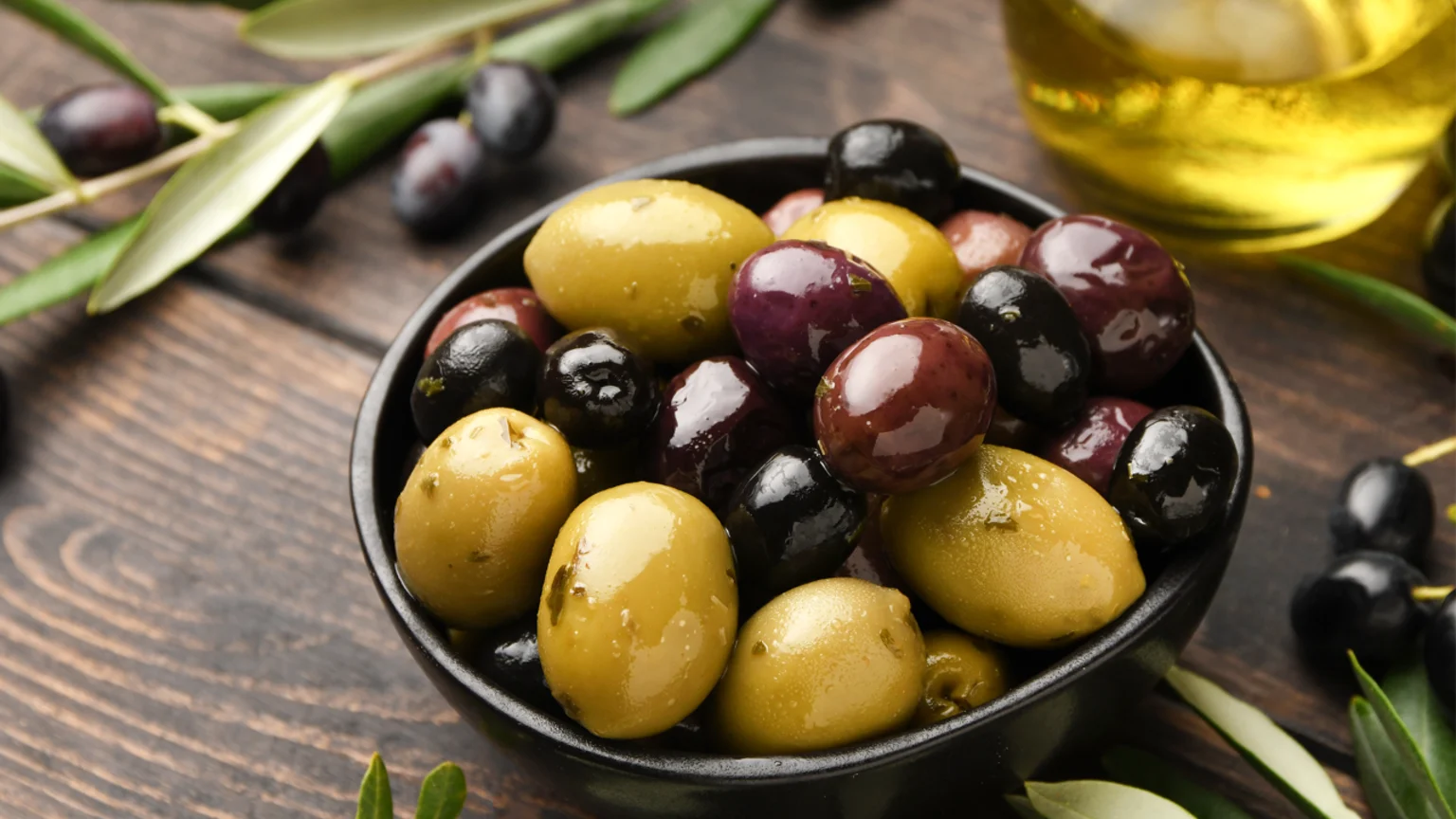Weather
Olive growers ditch harvesting altogether following extreme weather & disease

Published by Dominic George
11 Aug 2023
Extreme weather and the spread of disease have seen some North Island olive growers ditch harvesting altogether this season.
At a time when international olive oil prices are going through the roof, Olive New Zealand Executive Officer Emma Glover told REX host Dominic George the past few years have been tough for olive growers.
"We would love to be promoting as much New Zealand extra virgin olive oil as possible however the volumes are just down tragically this year due to such a wet season," she said.
"Last year was such a wet season so that's two years in a row now."
Glover explained that New Zealand is not the only country struggling as tough weather in areas such as the Mediterranean, where a lot of olive oil is produced, are also struggling with less-than-ideal conditions.
Because harvest numbers are decreasing, the demand for olive oil has increased leading to higher prices around the world, she said.
With around 300 olive farms around the country, the wet weather much of New Zealand has seen throughout the harvest season has restricted a lot of harvesting and output of final product from these farms.
"We can't get onto the groves, a lot of the guys even after they've harvested hadn't been able to get back into the groves yet to spray for disease.
"New Zealand in terms of the olive industry is really small and our groves are small compared to overseas.
"When they don't harvest because it's not worthwhile, lots of little oil ends up being a lot for us. (sic)"
The most predominant disease that has bared its head in the olive industry in the past few years is Anthracnose, a fungal disease that gets into the trees and over time damages ripening olives.
Keeping the disease at bay by regularly spraying a grove is a relatively simple solution but Glover explained that a significant number of growers haven't been able to get into their groves to spray the trees due to the extreme weather over the past few years, leaving them vulnerable.
"When it is wet, it protects the trees, the leaves, the fruit from the water getting into the disease.
"Because we can't get into the groves to spray, the disease is then able to get into the fruit, into the trees and you can't press fruit that has been affected by Anthracnose.
"Once it starts it comes really fast."
Parts of the South Island have had a much more productive season and Glover said there are some positives to take out of this year's harvest.
She explained that New Zealand olive oil tends to be quite strong in flavour but due to the limited sunshine, this season's yield is likely to be more mild, and potentially more attractive to those who are not 100% sure whether they like olive oil, or are after a slightly less strong and intense finish.
Listen to the full chat between Olive New Zealand Executive Officer Emma Glover and Dominic George above.
To check out more episodes listen to the REX Today Podcast anytime on your favourite streaming platforms including Spotify, Apple Music and Rova or tune in to REX Mornings live on Magic from 5 am to 6 am every weekday.
Visit the Rural Exchange Facebook or Instagram page for more information and regular updates from the REX team.
Published by Dominic George
11 Aug 2023